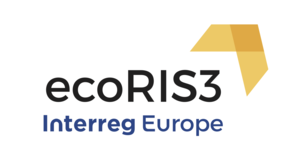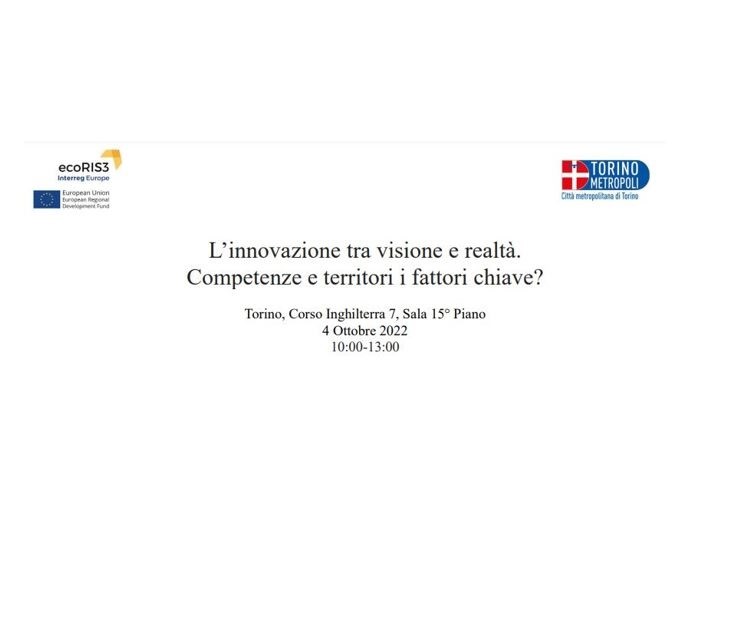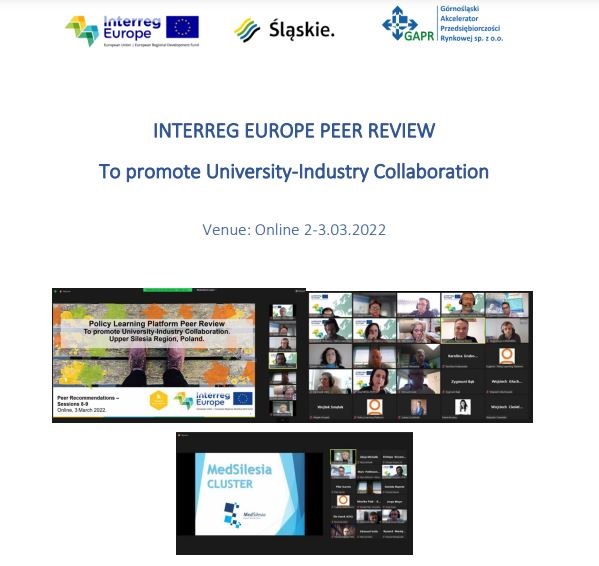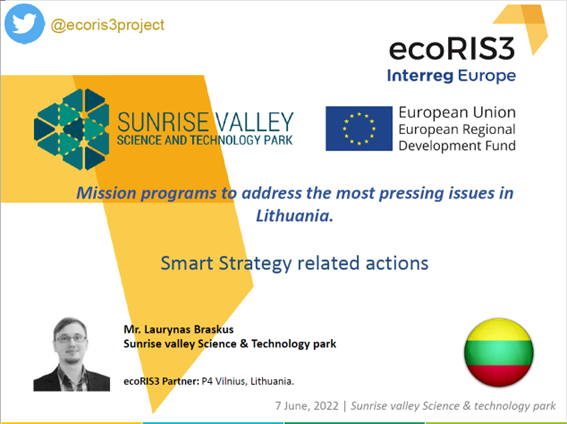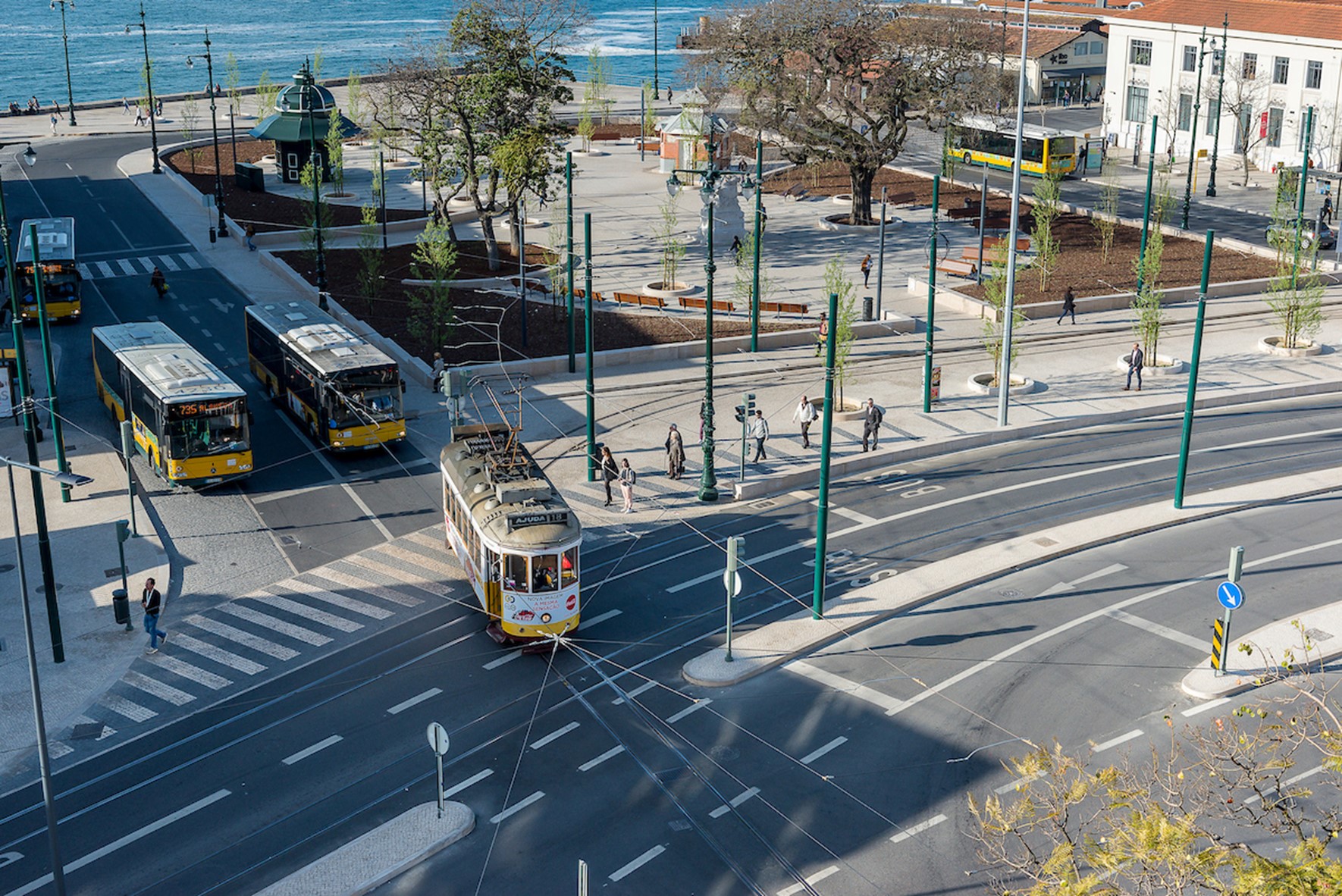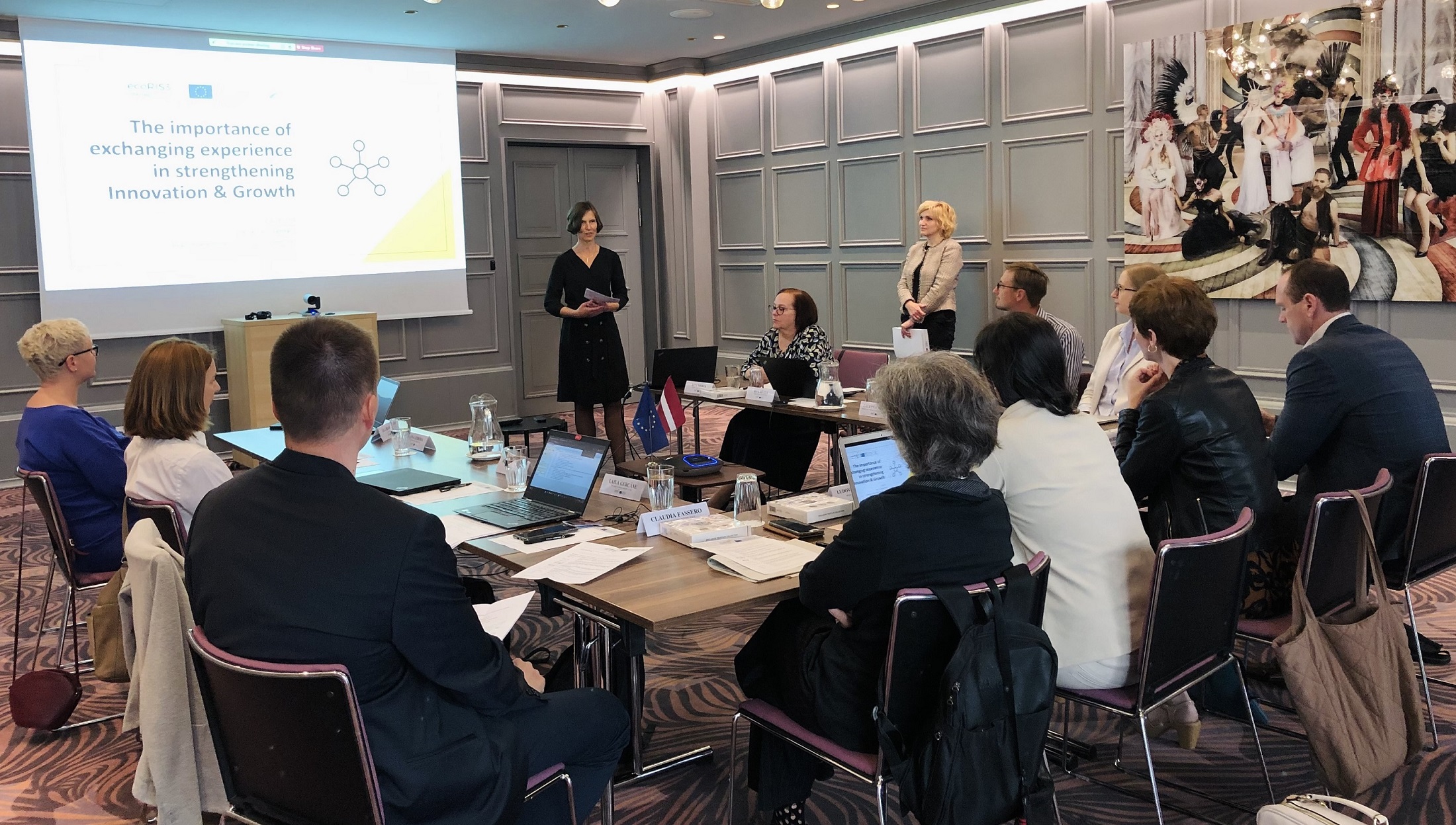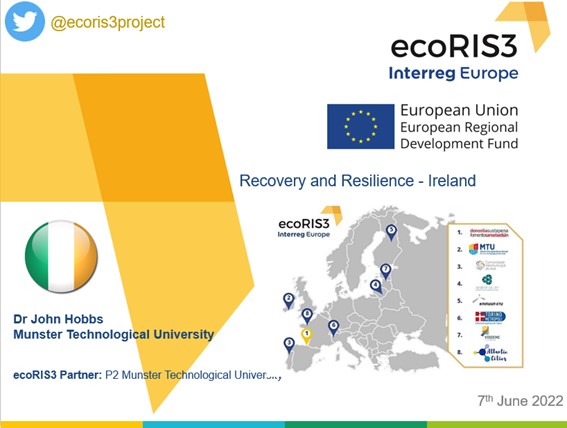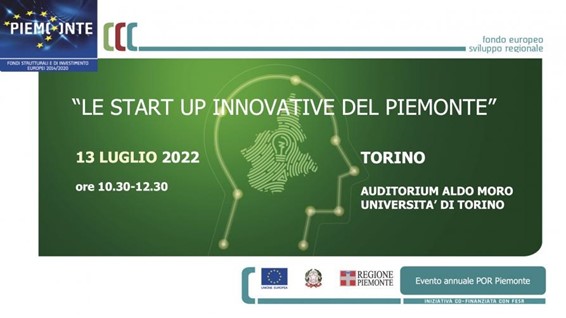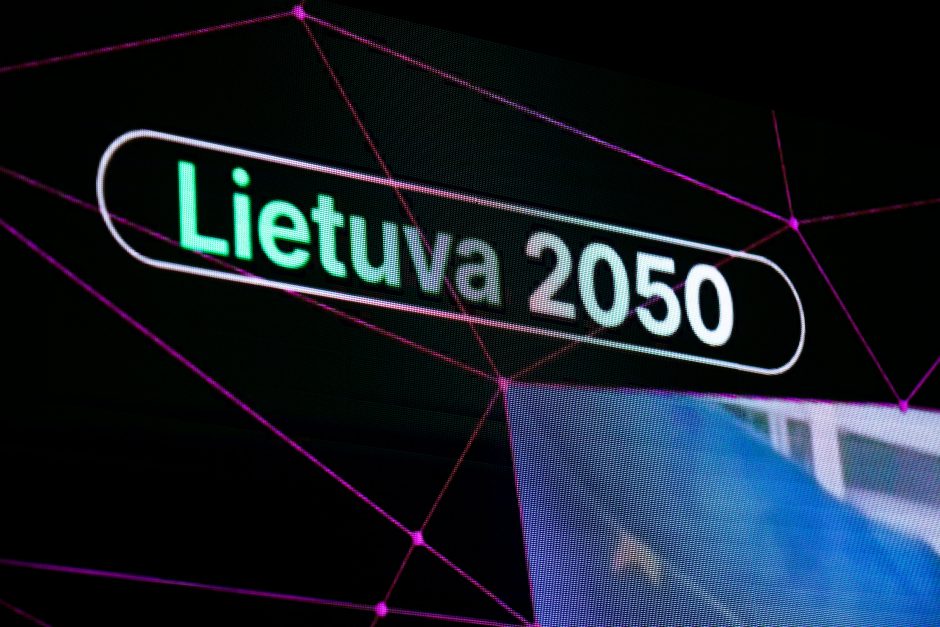Ireland’s primary focus presently as we enter Q3 of 2022 is on economic recovery from the COVID-19 economic shock, and laying the foundations for sustainable, broadly based, regionally balanced growth.
The overriding ambition is to return to at least pre-crisis employment levels of 2.36 million people in work by the end of 2023 - this would mean having more people at work than ever before. Across every business unit of our Department, we will seek out the enablers for business and employment growth and seek to remove barriers where they exist.
All jobs are critical to Ireland’s vision to deliver sustainable full employment and higher standards of living in all regions. It is important to ensure that all enterprises are assisted in their efforts to be more productive, innovative, competitive and, ultimately, more resilient.
The Irish Enterprise, Trade and Employment Statement of Strategy 2021-2023, has six interlinked goals:
- Goal 1: Achieve a strong recovery and sustainable economic development through business growth and jobs growth, resilience and innovation.
- Goal 2: Promote safety, better pay and conditions, more secure jobs and gender equality in the workplace.
- Goal 3: Enhance our business regulatory environment and Ireland’s attractiveness as a place to do business.
- Goal 4: Deepen and extend Ireland’s global business and trade in a fair and sustainable manner supportive of high labour standards and grow further the all-island economy.
- Goal 5: Advance the green transition in enterprise, honouring our climate action commitments.
- Goal 6: Build an innovative and agile department with a strong public service ethos driving effective and responsible policy implementation.
In terms of these high level aims, it is important to note that Ireland is laggard in terms of utilising clustering as an economic development tool to drive competitiveness and increase R&D and Internationalisation. Through the ecoRIS3 project MTU are supporting the Department of Enterprise, Trade and Employment to develop an overarching National Clustering Policy and Framework to maximize the potential impact from clustering in Ireland. Building clusters of impact is a key deliverable under Ireland’s Economic Recovery Plan and will be progressed as part of a new White Paper on Enterprise Policy to be published in Q4 of 2022. The approach aims to harness collective national and international clustering expertise and experience.
Dr John Hobbs, ecoRIS3 Project Coordinator in MTU has been appointed as the only academic member of Ireland’s National Cluster Policy Steering Group, and also been elected as a director of the TCI Network – which brings together cluster practioners from practice, policy and academia globally.
Dr Hobbs believes “Clusters are a central feature in the European Commissions’ competitiveness and Smart Specialisation strategies (DG Research, 2019). The European Expert Group on clusters found that clusters have a pivotal role in accelerating the twin green and digital transition (GDT), building resilience, and boosting recovery. During the Covid-19 pandemic, clusters demonstrated the capacity to drive change and make European value chains more resilient. Clusters can reach European firms quickly, especially SMEs and improve their innovation potential, technological uptake, skills and Internationalisation. Ireland can support their efforts in the green and digital transition by coordinating efforts through clustering of industry / academia and policy.”
To this end it is envisioned that cluster policy will sit within Ireland’s Enterprise Policy, and an external review and consultation has been undertaken by the National Cluster Policy Steering Group to ascertain key insights regarding the Irish cluster landscape. Emerging recommendations for consideration include 1) an agreed definition of clustering and role of the quadruple helix, 2) centralised supports for clusters, 3) national cluster organisations, 4) KPIs and reporting metrics, 5) long-term tiered funding instruments and 6) amalgamation.
The Irish ecoRIS3 Action Plan has provided the mechanism to tackle the changing external environment national government are seeking to harness the distinctive characteristics of our FDI and indigenous enterprise mix, through the development of a National Cluster Policy within the Enterprise Strategy to align supports for sectoral skills & educational needs, Internationalisation, and research, development and innovation. Good practices shared by partner regions, in Italy, Latvia and Lithuania have been instrumental in this learning experience.
For Further information on ecoRIS3 Action Plan implementation and progress regarding Clustering Policy in Ireland please contact, Dr John Hobbs by e-mail on [email protected]
